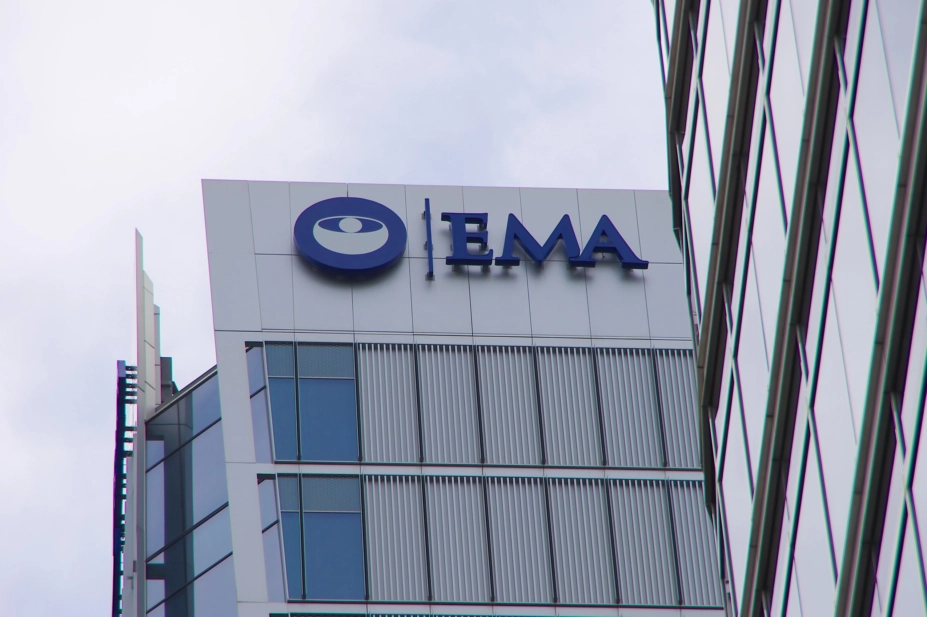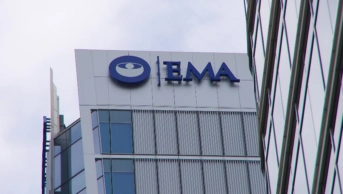
Shutterstock.com
The European Medicines Agency Committee for Medicinal Products for Human Use (CHMP) has recommended five medicines for approval, including two orphan medicines, at its most recent meeting held on 19–22 February 2018.
Among the five medicines to be given a positive opinion by the committee was the orphan drug, gemtuzumab ozogamicin (Mylotarg; Pfizer Ltd), for the treatment of acute myeloid leukaemia in patients aged 15 years and above. The approval offers young patients with the condition a new treatment option.
The other orphan drug to be recommended by the committee for marketing authorisation for the treatment of neonatal diabetes mellitus in newborns, infants and children, was glibenclamide (Amglidia; Ammtek). The drug was given orphan designation on the basis that neonatal diabetes is a very rare disease.
In the meeting, the CHMP also recommended granting a marketing authorisation for peramivir (Alpivab; Biocryst UK Ltd) for the treatment of uncomplicated influenza and granted a positive opinion for two informed consent applications for the maintenance treatment of adult patients with moderate-to-severe chronic obstructive pulmonary disease. These were for beclometasone dipropionate anhydrous/formoterol fumarate dihydrate/glycopyrronium (CHF 5993; Chiesi Farmaceutici S.p.A.) and beclometasone dipropionate anhydrous/formoterol fumarate dihydrate/glycopyrronium (Trydonis; Chiesi Farmaceutici S.p.A.).
According to the CHMP, an informed consent application makes use of data from the dossier of a previously authorised medicine, with the marketing authorisation holder of that medicine giving consent for the use of their data in the application.
During the meeting the committee also adopted a negative opinion for two medicines. These were neratinib (Nerlynx; Puma Biotechnology Ltd), for the treatment of breast cancer, and the cancer medicine sunitinib (Sutent; Pfizer Ltd), which was put forward for an extension of its therapeutic indication for patients at high risk of kidney cancer returning after surgery. The committee agreed that the evidence that sunitinib delays the return of kidney cancer after surgery “was not convincing”, particularly given the side effects of the medicine.
However, six recommendations were agreed by the committee for the extension of therapeutic indications for the following medicines: bosutinib (Bosulif; Pfizer Ltd); ferric maltol (Feraccru; Shield TX (UK) Ltd); raltegravir (Isentress; Merck Sharp & Dohme Ltd); anakinra (Kineret; Swedish Orphan Biovitrum AB); olaparib (Lynparza; AstraZeneca AB); and denosumab (Xgeva; Amgen Europe B.V.).
An application to extend the use of idelalisib (Zydelig; Gilead Sciences International Ltd) for the treatment of chronic lymphocytic leukaemia was withdrawn.


